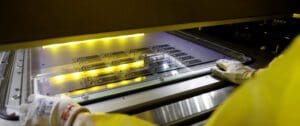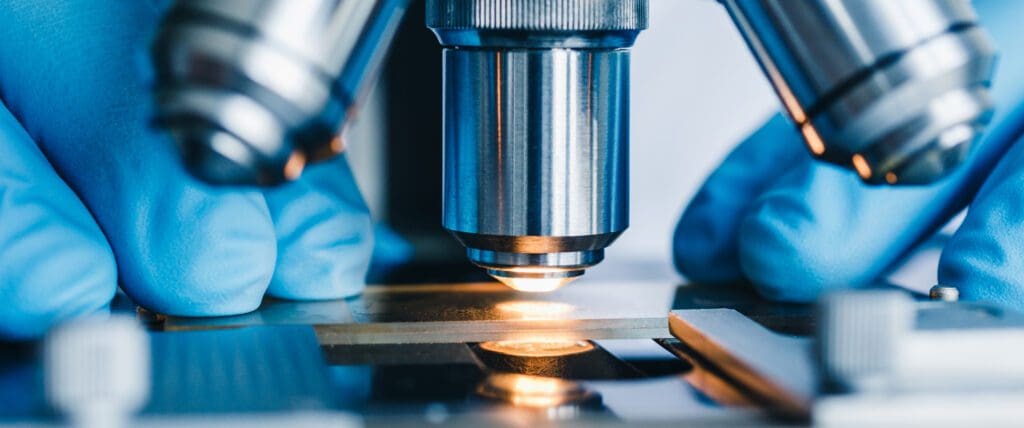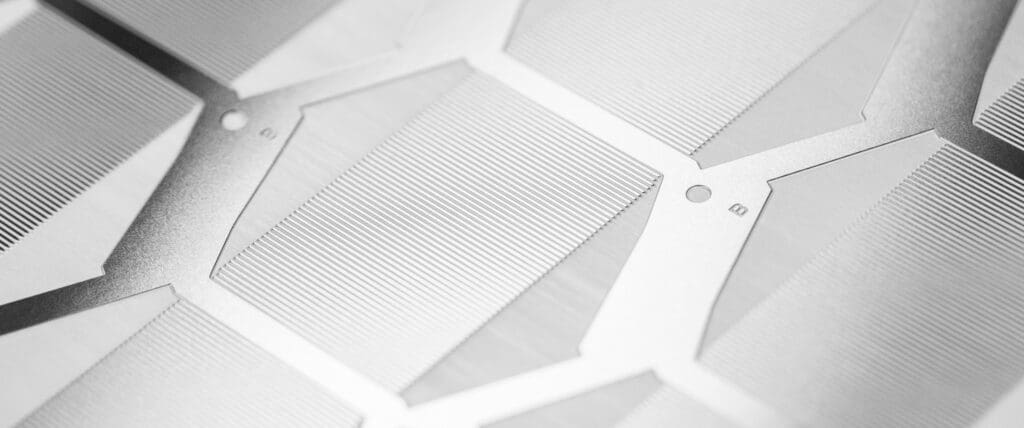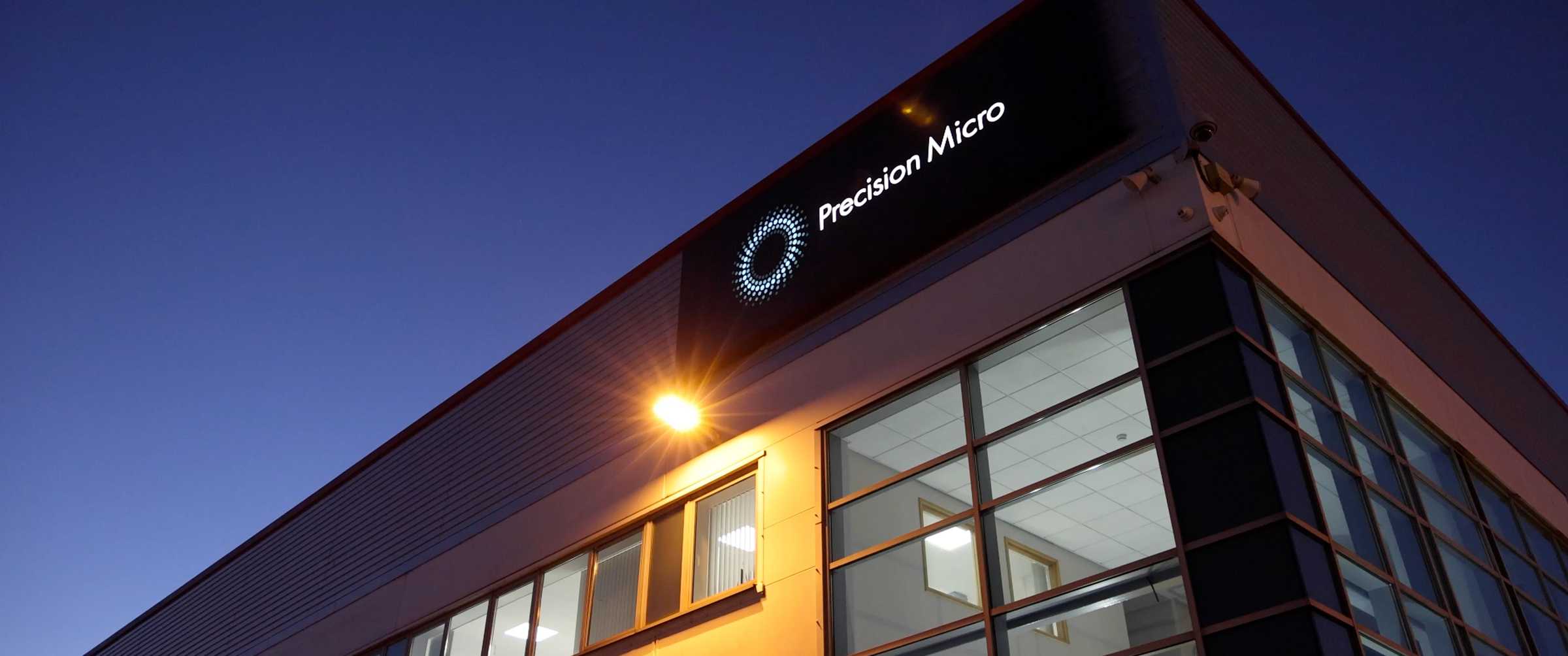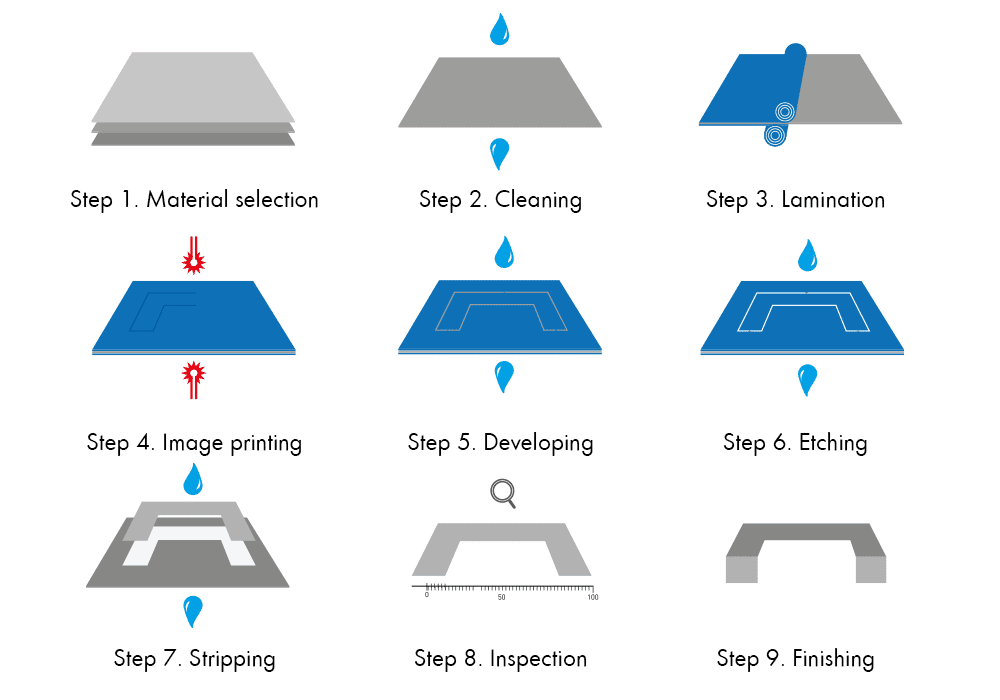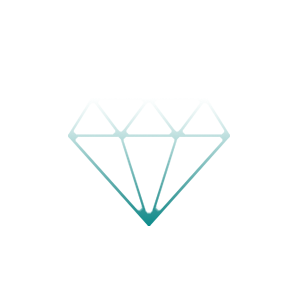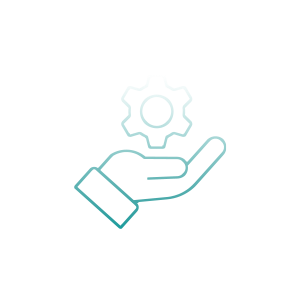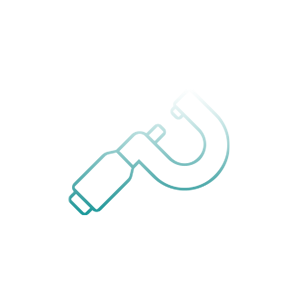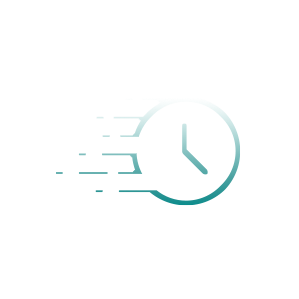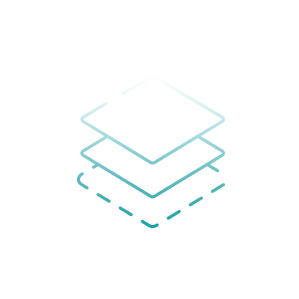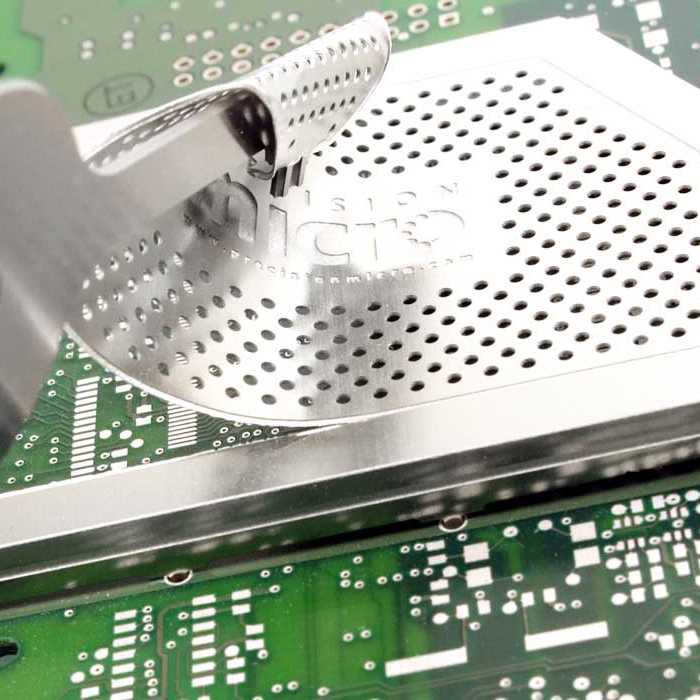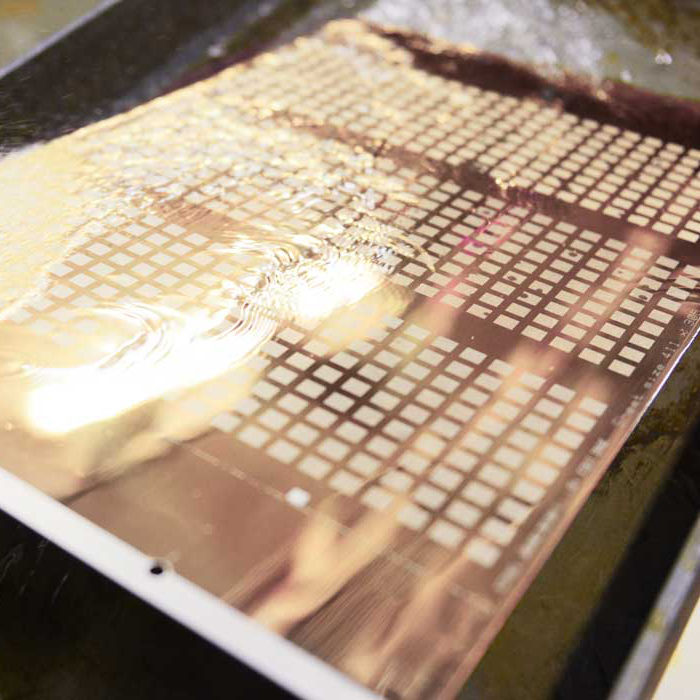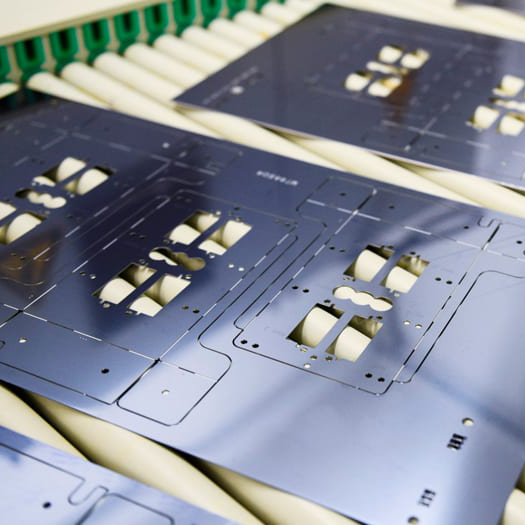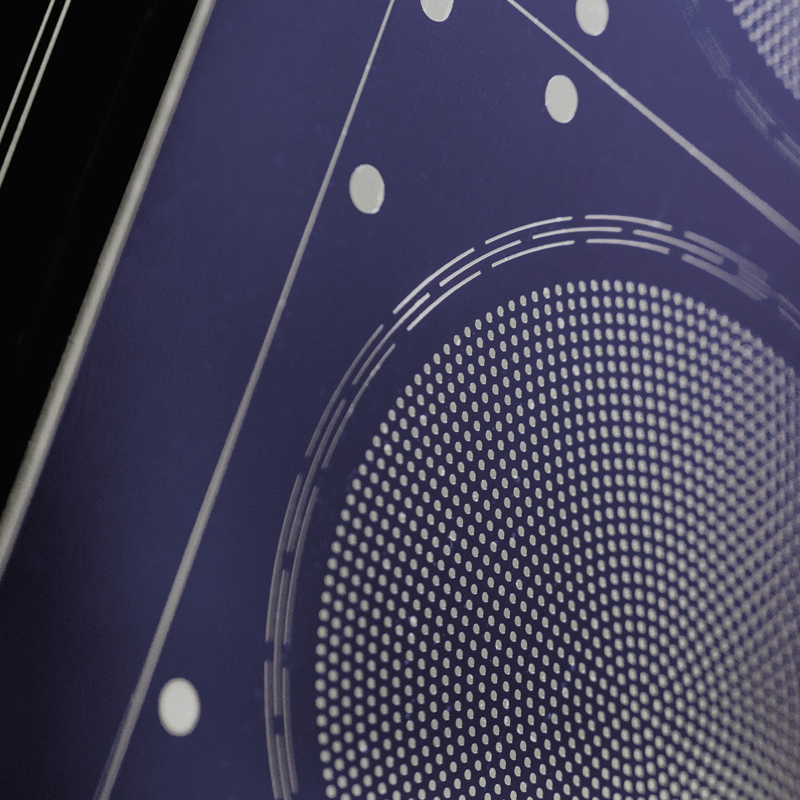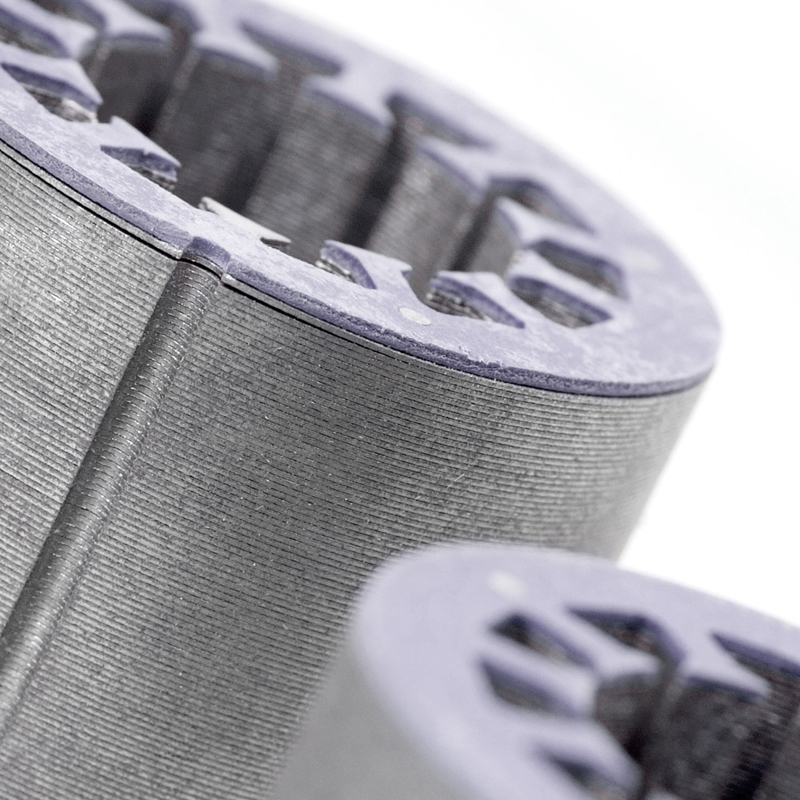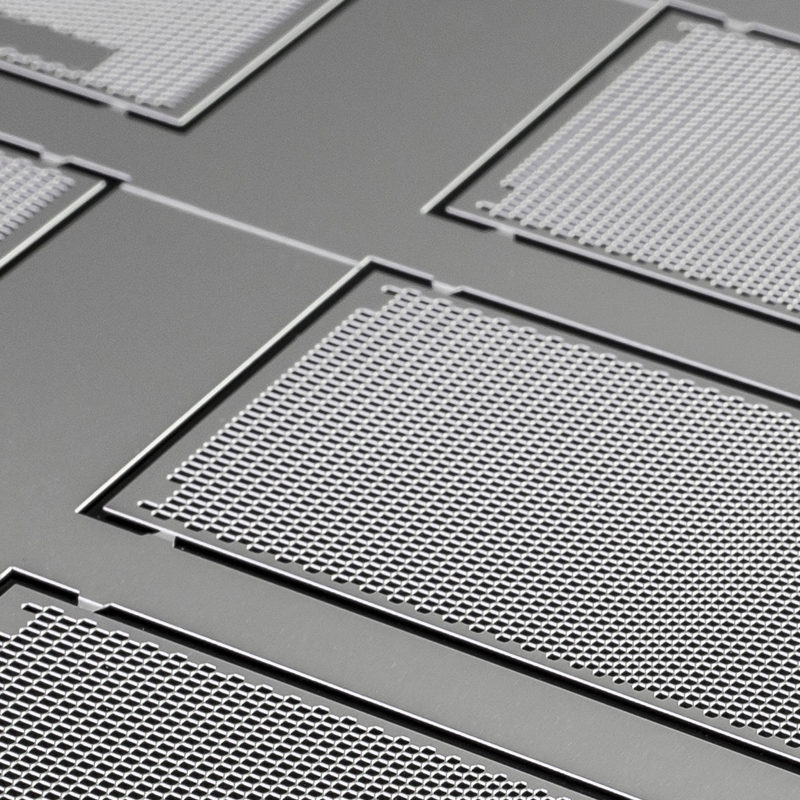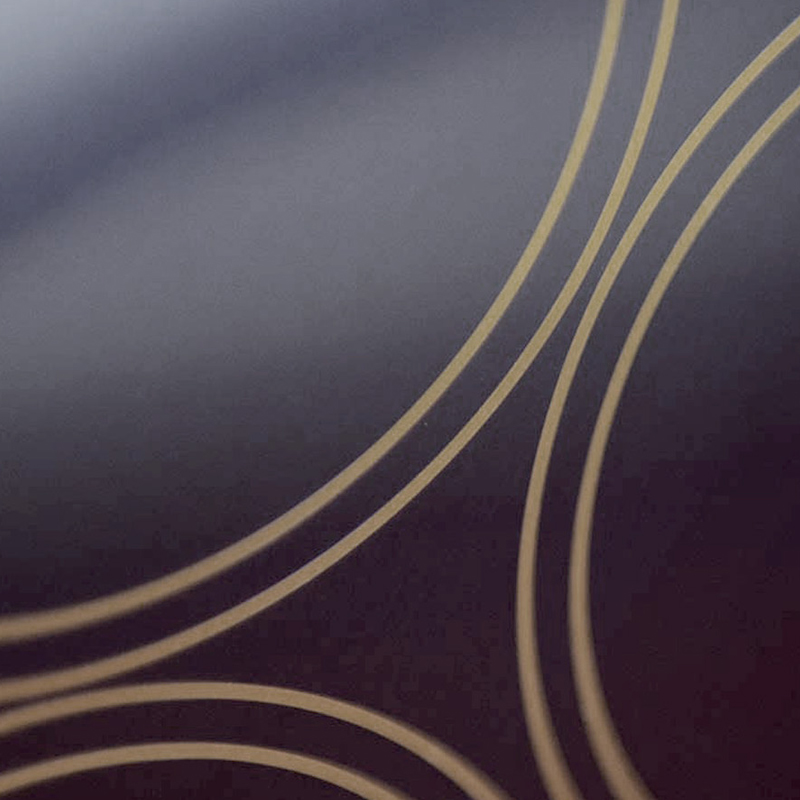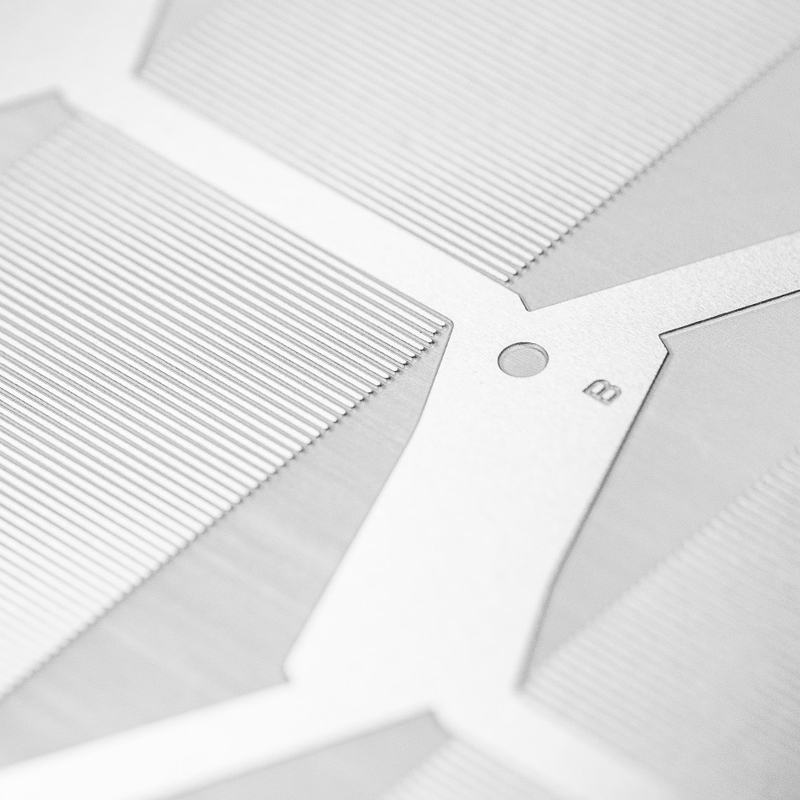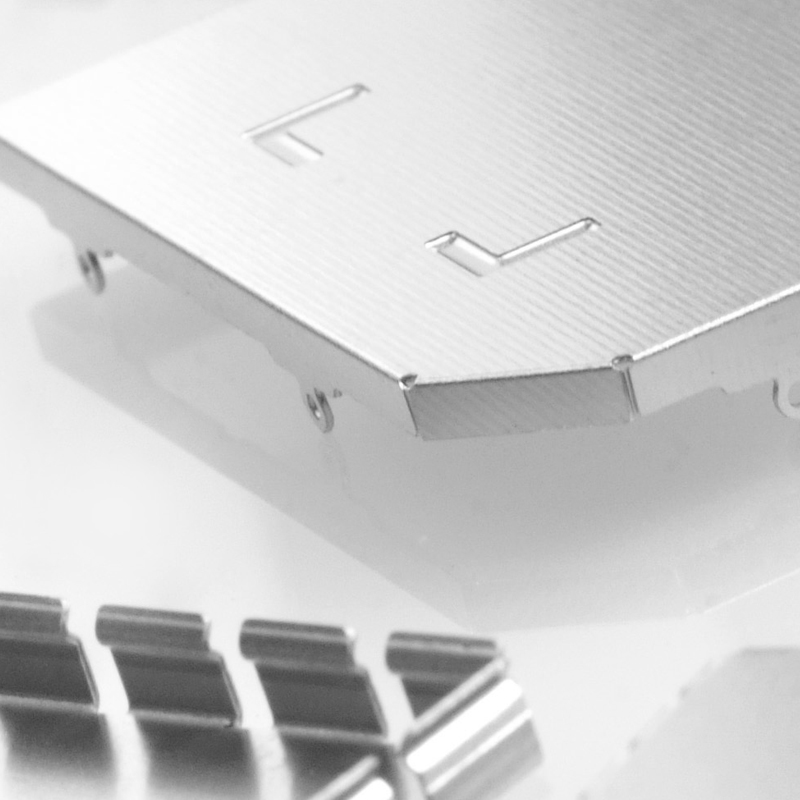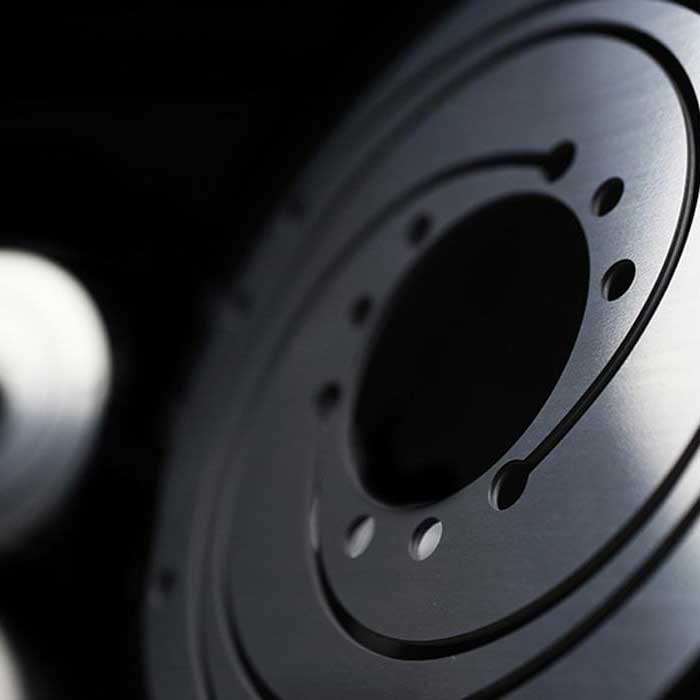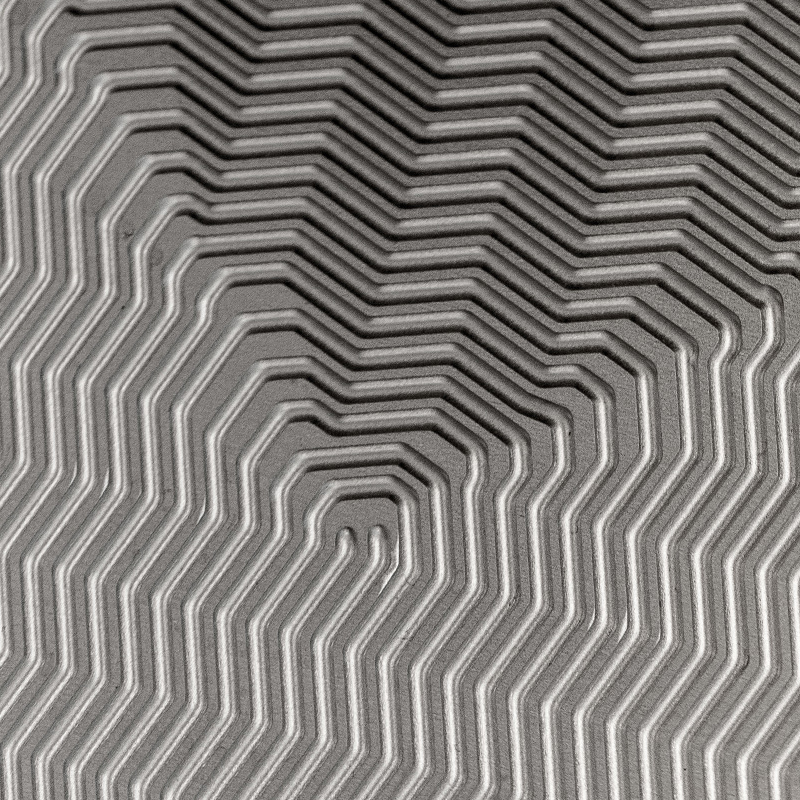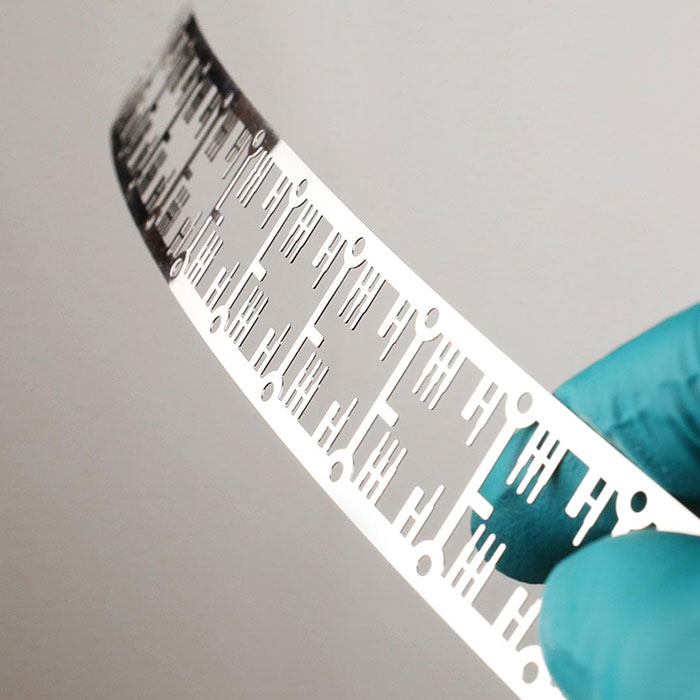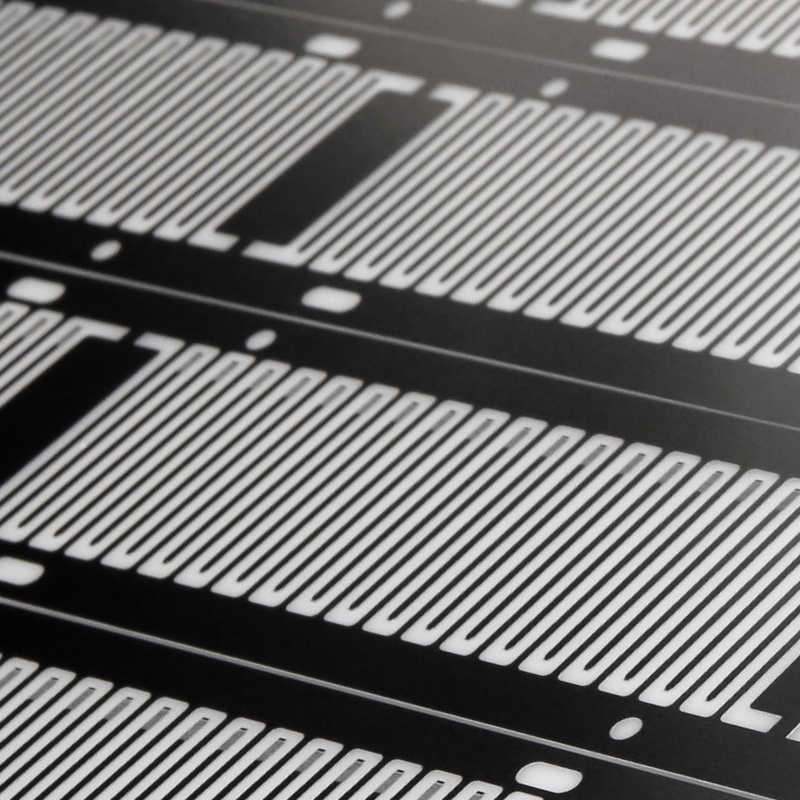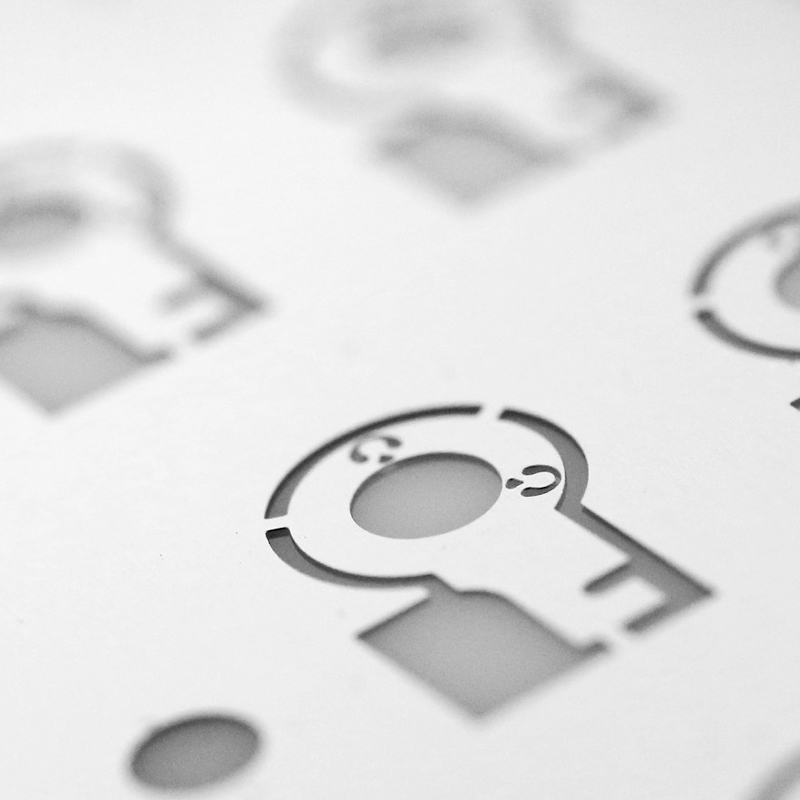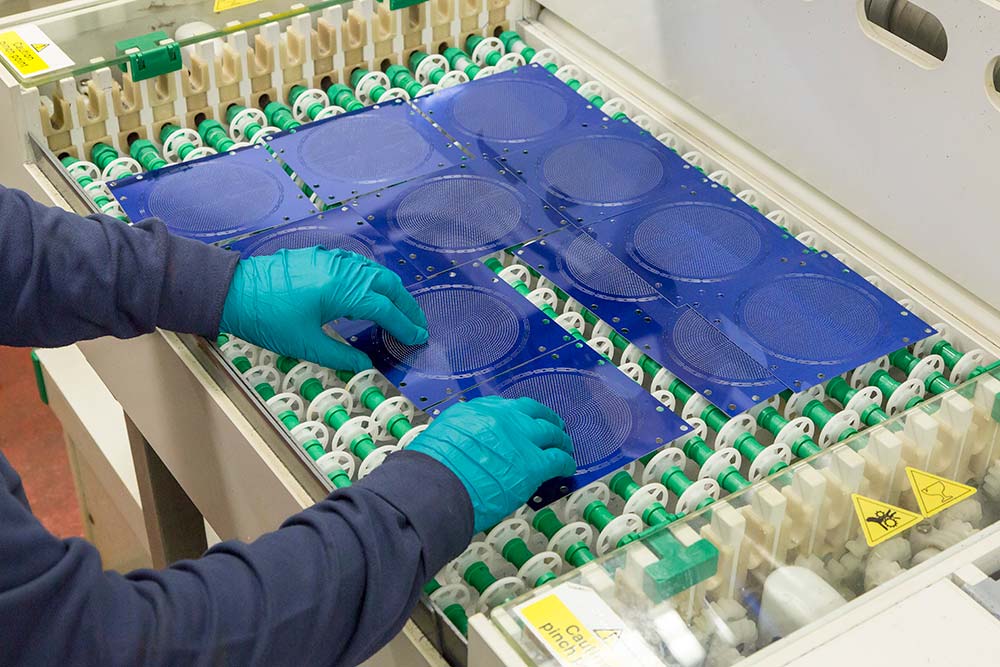Metal etching FAQs
Metal etching is compatible with sheet metals ranging from 0.010 mm to 2.5 mm in thickness and up to 600 mm x 1500 mm in size. However, note that thicker parts may require longer etching times, making metals above 2.5 mm often uneconomical for processing.
Metal etching achieves excellent accuracy with standard minimum etching tolerances at ±10% of the metal thickness, down to a minimum of ±0.020 mm.
The minimum standard etched opening achievable is 0.1 mm, while for depth-etched features like microfluidic channels, it is 0.020 mm. Through further development, metal etching can achieve even finer features.
Metal etching provides the flexibility to produce components without any minimum or maximum quantity limitations, owing to the cost-effective digital tooling used. As a leading global sheet metal etching company, Precision Micro caters to diverse customer needs, delivering component quantities ranging from single units to millions.
Cost considerations in metal etching are influenced by material thickness and component size. Components are priced by the sheet, so maximising parts per sheet lowers unit prices. However, thicker sheets may require more etching time, affecting the overall component cost.
Metal etching lead times are measured in days, not weeks or months, setting it apart from traditional metal machining technologies. Depending on quantities and capacity, standard components with no additional post-processing can be delivered in under two working weeks, while urgent demands can be met even faster.
